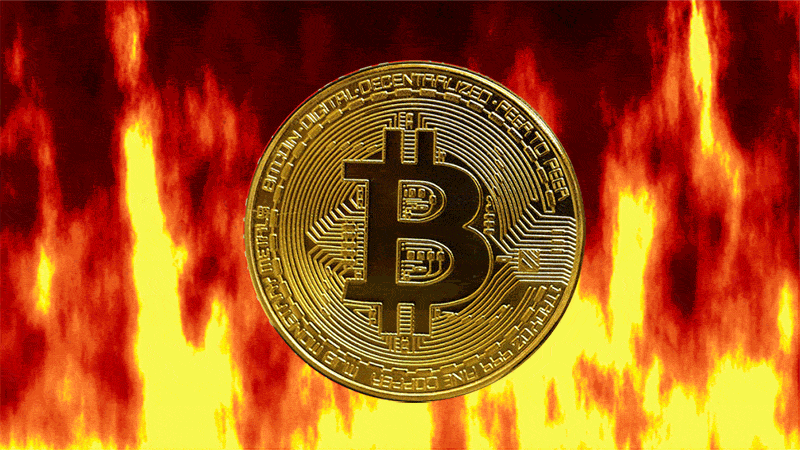
Nowadays, we live in a dynamic and ever-changing globalized world where billions of dollars are changing hands every second. We exchange goods and services through the Internet which is a far cry a millennia before when merchants traveled through the Silk Road to trade exotic products with a heavy vault of gold coins in return.
It’s 2018 and an economic revolution greater in scale than the Industrial Revolution, the invention of paper money, and man landing on the moon combined is upon us. What we are seeing right now is a paradigm shift toward a digital ecosystem so that our economy from the ground up is forever changed from the way we spend our money to the way our global economic activity runs. We are entering a brave new world of the cryptocurrency revolution.
Unlike the foreign exchange market, cryptocurrencies like Bitcoin, Ethereum, Ripple, and others are designed to exchange digital information that is far more reliable than regular financial transactions. Generally, every country’s economy is centralized and regulated in order to control inflation and other extraneous economic factors that affect currency valuation. But the advent of these decentralized “virtual currencies” not issued by central banks has made it possible to “future proof” currency for more efficient and secured transactions.
In recent years, encryption and blockchain technologies have advanced so much that it has now become the new norm in our digital ecosystem. By the time everyone goes into the new standard and move away from the traditional exchange systems, digital wallets with cryptocurrencies and transaction blockchain ensuring secure digital transactions between verifiable smart contacts will be commonplaces. Once the general population understands the ease of use, there will be widespread adoption of this technology.
It’s not just a matter of individual preference, many countries have started to adopt cryptocurrencies as “legal tender,” meaning it is as good as regular cash. China has even gone to great lengths by conducting research and starting its own digital currency to rival established cryptocurrencies. On the other hand, India has reduced currency circulation in an effort to move towards a more cashless economy.
It is estimated that the blockchain economy is now worth over 100 billion dollars and future adoption has already gone underway. Why wait for world leaders and top global economic managers to adopt blockchain technology? Join the future of the global economy, it’s the perfect time to invest, develop, and mine crypto-currency. The future is now!






No comments:
Post a Comment